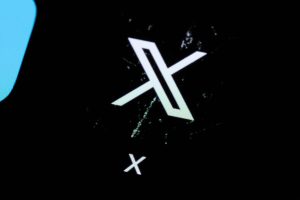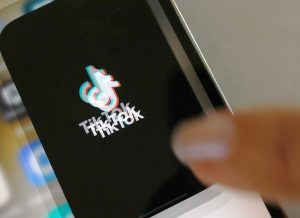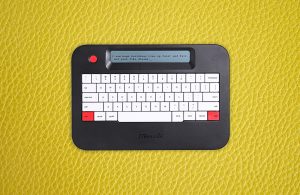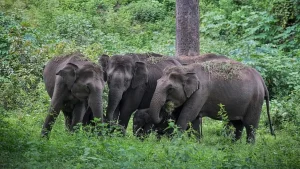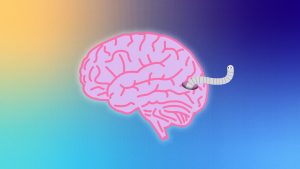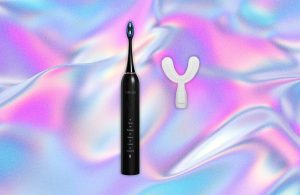Scarlett Johansson’s Legal Battle with OpenAI
What Scarlett Johansson v. OpenAI Could Look Like in Court
Scarlett Johansson, the talented and renowned actress, has recently found herself in a legal battle against OpenAI, an artificial intelligence research lab. The lawsuit revolves around a deeply personal issue: the unauthorized use of Johansson’s likeness by OpenAI to create a chatbot that mimics her appearance and voice.
Johansson, known for her iconic roles in movies such as “Lost in Translation” and “The Avengers,” has always taken great care in protecting her image and privacy. She is now taking a stand against OpenAI, arguing that the use of her likeness without her consent is a violation of her rights and undermines her ability to control her own professional and personal brand.
On the other hand, OpenAI, a leading organization in the field of artificial intelligence, is arguing that their use of Johansson’s likeness falls within the realm of fair use and falls under their right to freedom of expression and creativity. They claim that the chatbot was created for research and educational purposes, and that they did not intend to harm Johansson’s reputation or infringe upon her rights.
As the case unfolds in court, it raises important questions about the boundaries between technology, creativity, and individual rights. Should artificial intelligence be allowed to replicate the likeness of real people for research purposes? Where do we draw the line between freedom of expression and the protection of individual rights?
It remains to be seen how the court will rule in this landmark case, but one thing is certain: Scarlett Johansson v. OpenAI has the potential to set a precedent for future legal battles between celebrities and technology companies. It serves as a reminder that as technology continues to advance, our legal system must evolve to protect the rights and privacy of individuals in the digital age.
